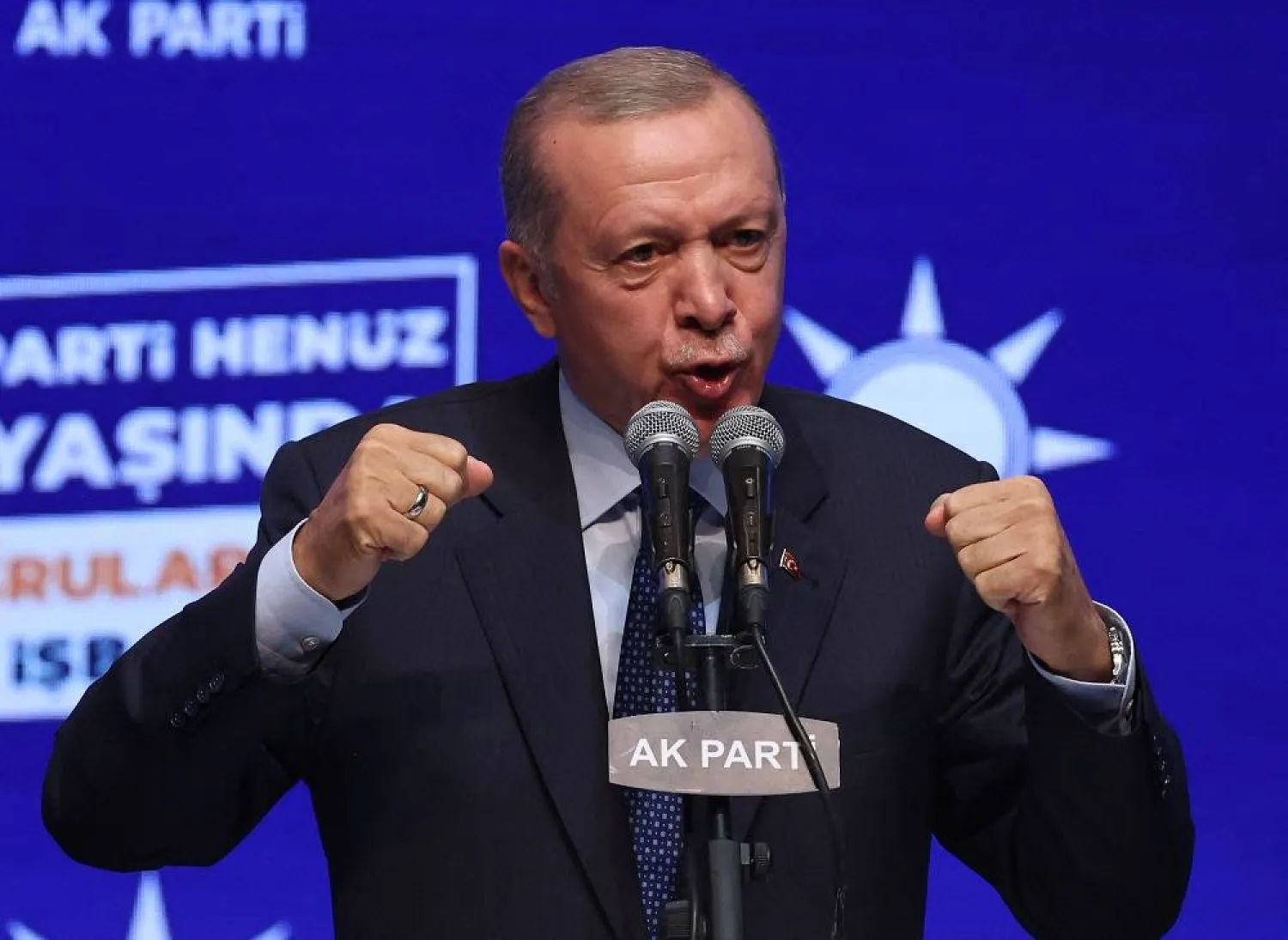Russian President Vladimir Putin will host Turkish leader Recep Tayyip Erdogan for talks in the Black Sea resort of Sochi on Monday, Kremlin spokesman Dmitry Peskov said Friday.
His remarks came after weeks of speculation about when and where the two leaders might meet next. Earlier this week, Russian Foreign Minister Sergei Lavrov hosted his Turkish counterpart for talks in Moscow.
Türkiye, together with the United Nations, brokered a deal in July 2022 that allowed Ukraine to ship grain and other foodstuffs from three Black Sea ports.
A separate memorandum between the UN and Russia, agreed at the same time, pledged to overcome obstacles to Moscow’s shipment of food and fertilizer to world markets.
However, Russia pulled out of the deals earlier this year, claiming that its conditions hadn’t been met.
Meanwhile, Russian officials said Friday that air defenses intercepted drones heading toward three of the country’s western regions, while satellite images indicated that a major drone barrage earlier in the week destroyed at least two Ilyushin Il-76 military transport planes at a Russian air base.
Regional governors said defense systems stopped three drones in the Kursk, Belgorod and Moscow regions.
Moscow airports briefly halted flights but no major damage or injuries were reported, according to Russian authorities.
Drones aimed at targets inside Russia — and blamed by Moscow on Ukraine — have become almost a daily occurrence as the war has entered its 19th month and Kyiv’s forces pursue a counteroffensive. Recently, the drones have reached deeper into Russia.
Kyiv officials normally neither claim nor deny responsibility for attacks on Russian soil.
The apparent Ukrainian strategy is to unnerve Russia and pile pressure on Putin.
The Associated Press was unable to determine whether the drones are launched from Ukraine or inside Russia.









